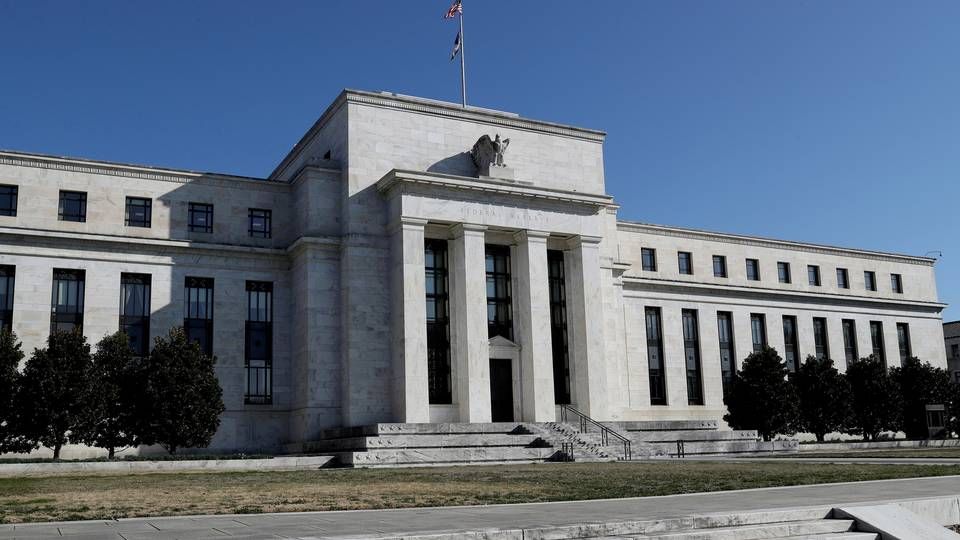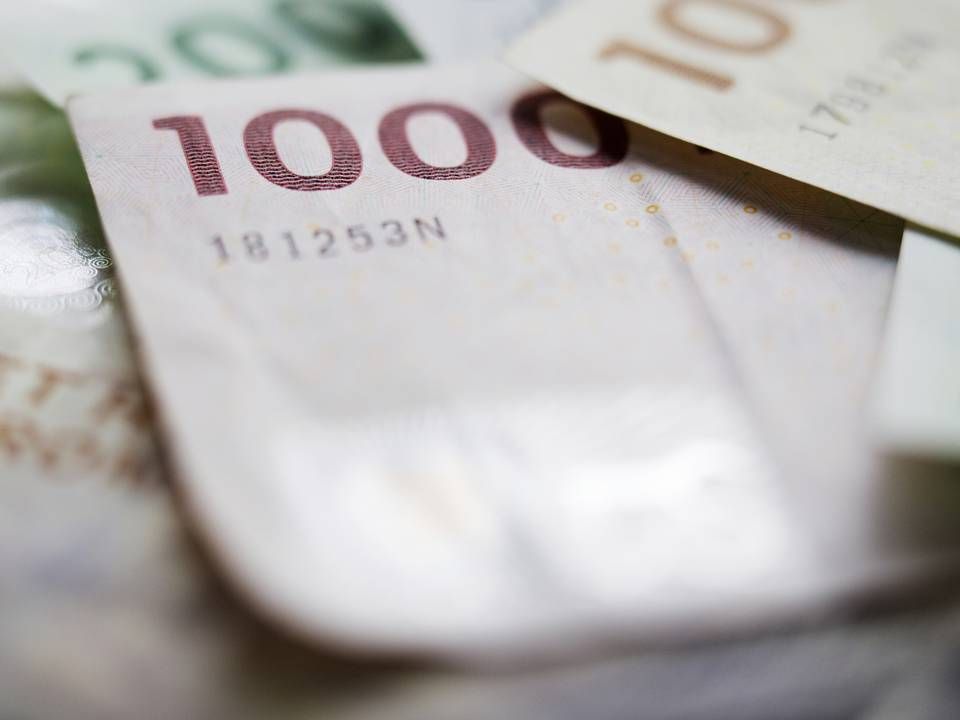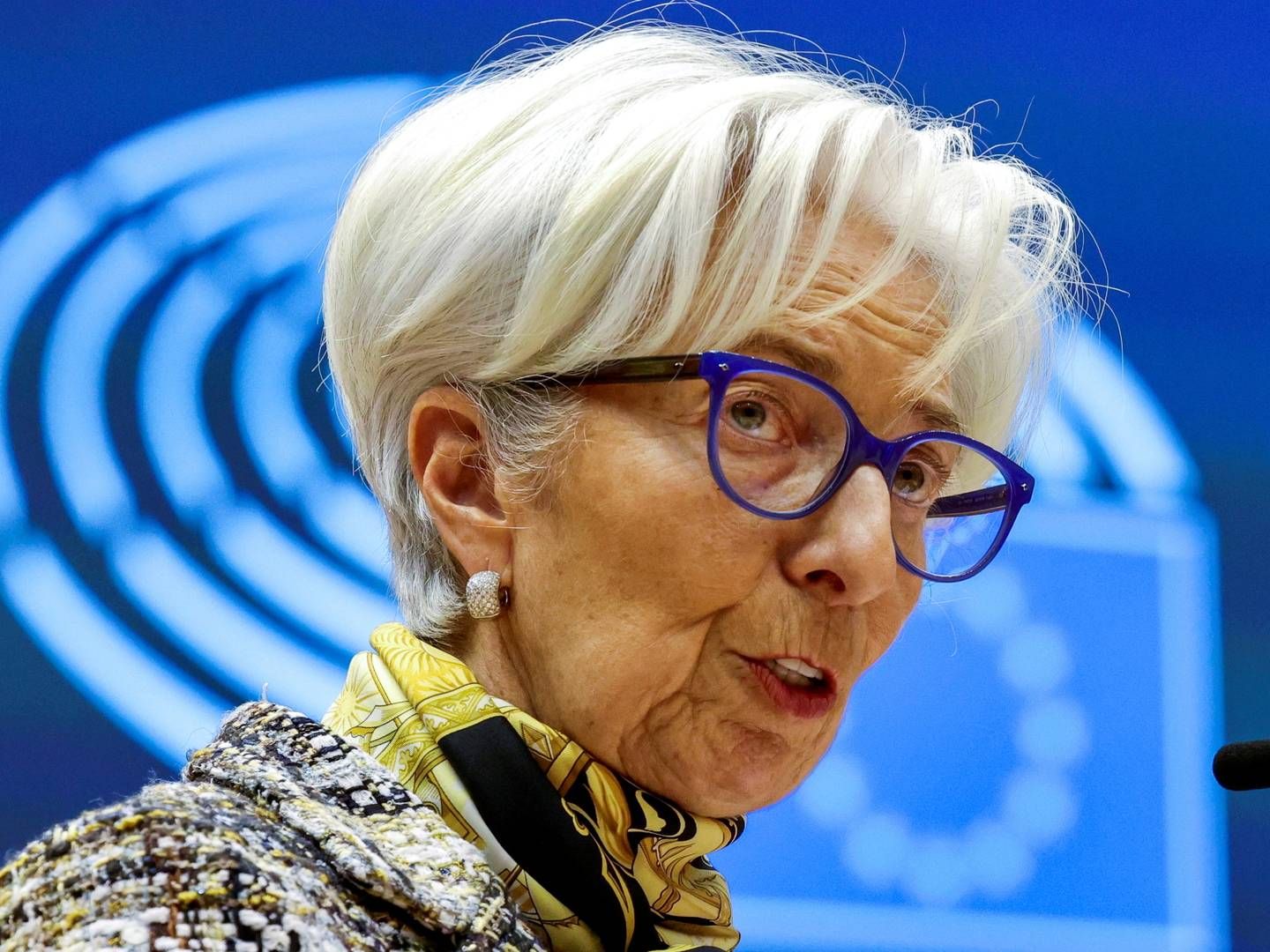Three-decade bond veteran warns against big bets on inflation

We're mindful that this is an unprecedented situation none of us have ever seen it," said the London-based head of global government portfolios at Insight Investment, a USD 1trn asset manager.
"So we need to be humble and appreciate that your judgment may be wrong".
A year after the pandemic drove the world economy into the deepest downturn in generations, bond investors are trying to understand how expanded monetary stimulus and USD 20trn of global debt will reverberate through the financial system.
Some, including HSBC Holdings Plc bond bull Steven Major, have conceded to eating ‘humble pie’ after misjudging the market.
The key issue is inflation and whether price rises will be sustained as economies re-open.
Federal Reserve officials have insisted that rising inflation rates are likely to be temporary, even after U.S. consumer prices climbed in April by the most since 2009.
Fed officials project rates could be on hold through 2023 at least. Traders aren't convinced, with markets pricing in some tightening in late 2022, and a quarter-point hike expected by March 2023.
"Post-financial crisis I certainly made the mistake of thinking that you could manage to ‘out-bear’ the forwards, so to speak, ahead of the Fed's hiking cycle," said Lee, referring to a judgment that bond yields would rise more aggressively than markets had implied.
"It's actually very difficult, and I think the same thing is potentially true this time," said Lee who helps oversee USD 7bn at Insight.
Inflation woes
Benchmark U.S. yields plunged to a record-low 0.31 percent last March at the start of the pandemic, and rebounded to as high as 1.77 percent this year as traders bet that quickening inflation would stick.
Lee, who worked in bond sales in the 1990s at UBS Group AG, said yields on 10-year U.S. Treasuries are more likely to fall below 1 percent than to normalize above 3 percent for "any lasting time".
That’s because the deflationary pressures that have plagued markets for decades increasing automation, aging demographics and falling global productivity haven't gone away.
"It'll take years to be able to normalize beyond the sort of 2-3 percent range" that we're hoping to enter now, said Lee, who holds a doctorate in Mathematics from Oxford University.
"Pretty much every country has got a debt burden that corporates or households would struggle to service if yields rose by really quite modest amounts".
Her strategy? "Sit out taking an active position" when necessary, rather than risk losses. She's exited most of her overweight positions in inflation-linked bonds.
2023 Hike
Yields on five-year Treasury inflation-indexed securities, for example, plunged to a record minus 2.005 percent this month as demand for protection surged. Some of these securities are "really fully valued at this point", she said.
Lee is also underweight gilts on prospects the UK economy is likely to expand following an aggressive roll-out in vaccinations.
In the US, Lee is keeping close tabs on the Fed's language and economic data to determine her next moves. Weaker-than-expected US jobs data for April supports her view that sticky inflation may be a pipe-dream, while the Fed could push back a discussion of tapering plans to late 2021.
"Short of rapidly accelerating inflation, it's difficult to see the circumstances whereby you get rate increases starting before the first half of 2023", she said.
"The era of low real yields and low returns actually may reassert itself sooner rather than later".
Negative rates and fear of inflation makes pension funds turn their backs on government bonds
Related articles
Central bank portfolios worth USD 3.8tn look to go green
For subscribers















